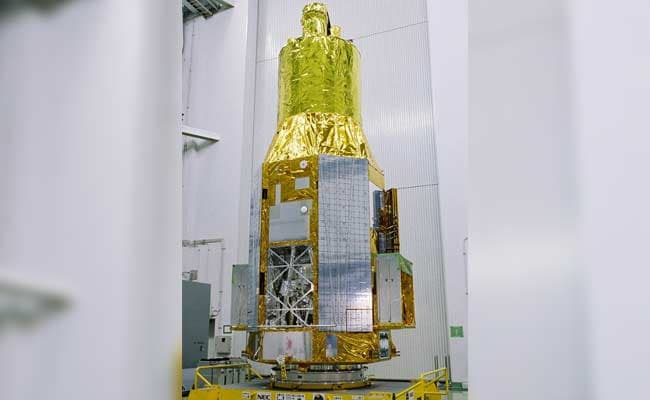
This handout picture taken January 23, 2016 and released March 28, 2016 through the Japan Aerospace Exploration enterprise (JAXA) indicates the ASTRO-H or “Hitomi” satellite. (AFP image)
TOKYO: Japan’s area organisation says communication has failed with a newly launched, revolutionarysatellite with X-ray telescopes supposed to look at black holes and other area mysteries.
Japan Aerospace Exploration organization spokeswoman Izumi Yoshizaki said nowadays that efforts torepair communication links since the problem started on Saturday afternoon were unsuccessful, and itchanged into investigating what would possibly have befell to the satellite tv for pc, which is referred to as Hitomi and was launched on February 17.
“we are virtually doing our exceptional,” she said through telephone in Tokyo.
She said the organisation turned into searching into a declaration from the Joint area Operationscenter, or JSpOC, america army corporation that tracks and identifies gadgets in space, that Hitomi may additionally have splintered into several pieces.
whether that had occurred or now not is uncertain, Yoshizaki said.
Jonathan McDowell, an astronomer on the Harvard-Smithsonian center for Astrophysics, said he suspected the satellite had suffered an “energetic event,” probable a gasoline leak or a battery explosion, that sent it tumbling stop-over-give up. that might imply its antenna isn’t pointing in which it desires to, that is why the satellite can not communicate with the distance corporation, he said.
The risk is that in that country, the satellite tv for pc might not be able to draw the solar strength itdesires to its panels and its battery will run down earlier than the distance organization can reconnect with the satellite tv for pc and try to fix it, he stated.
“anyone‘s just gutted,” said McDowell, who works with some other high-tech area X-ray telescope, Chandra. “To listen that they have got run into this piece of horrific good fortune, it’s so very sad. Irealize sufficient approximately how the sausage turned into made to recognise that this may haveeffortlessly have came about to us. space could be very unforgiving.”











